|
|
Last update: Myanmar - it's complicated, very complicated.Travelling in Myanmar is different from any other Southeast Asian countries, for many reasons. The food is different, the travel methods are different, the wifi is slow, the ATMs may not operate, credit cards are usually not accepted, and it takes perseverance find a good restaurant or a nice cappuccino. Everything is different. The good thing is that it is very safe, and Burmese people are very welcoming. Due to the unique characteristics of Myanmar, planning is essential when visiting. A lot of thorough planning. So much planning that one can characterize it as proper travel research. The first thing one should look into when traveling to Myanmar is the money situation; which is also quite different from its neighbouring countries.
The Situation in Myanmar.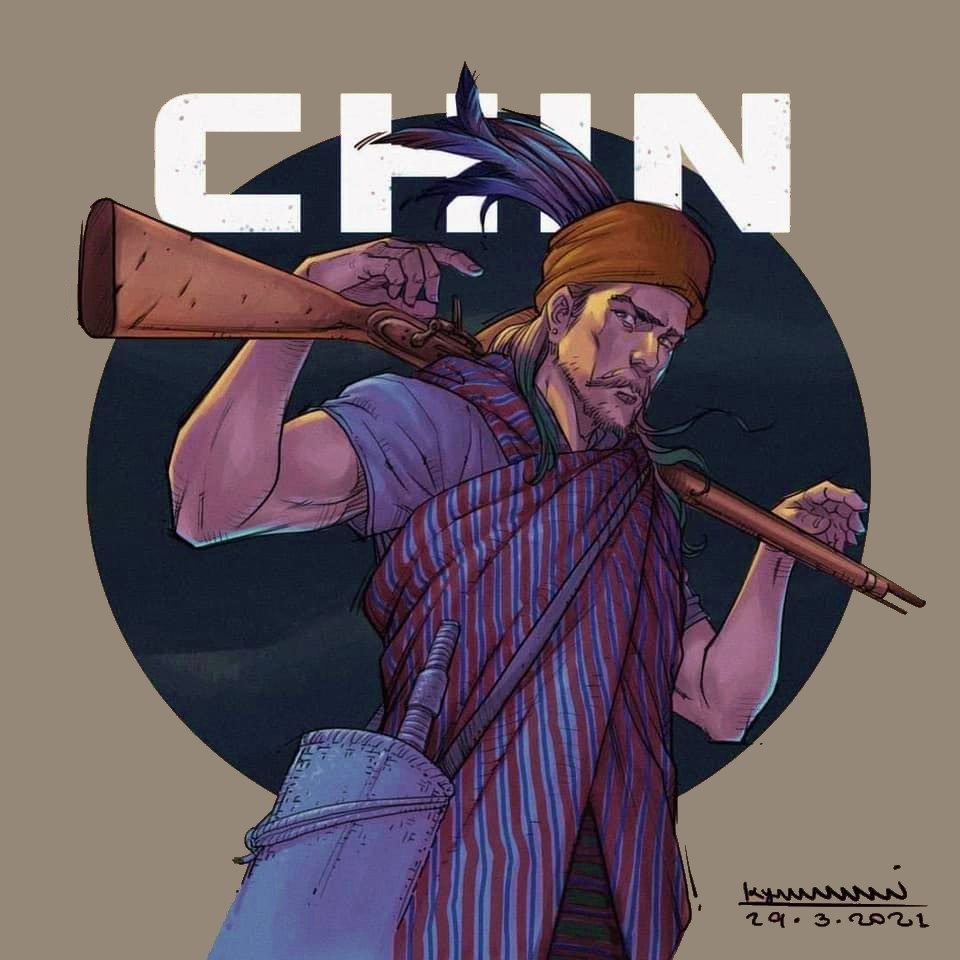
Or should we start this caption as "The Dire Situation in Myanmar"? As was often the case in the last 60 or 70 years, the situation is again dire. Since the military coup in Myanmar on February 1, 2021, the country has experienced economic turmoil. Inflation has surged, and the value of the national currency, the Kyat, has dropped. Multiple rounds of sanctions have undermined the regime’s efforts to generate revenue and have sapped the nation’s foreign-exchange reserves, leaving it with little to pay for fuel. Power outages in major cities like Yangon and Mandalay are getting worse. Myanmar has the lowest electrification rate in Southeast Asia with only 50 percent of households connected to the public grid. Satellite imagery from NASA shows that blackouts have spread over central Myanmar. Economically, Myanmar has faced significant challenges. The coup triggered a decline in foreign direct investment and damaged the country's reputation as an emerging market. International sanctions and economic restrictions have been imposed by several countries and international organizations, further impacting the economy. The COVID-19 pandemic has compounded these issues, leading to a complete standstill in tourism. The international community has condemned the coup and called for a return to democratic governance. Sanctions, diplomatic pressure, and targeted measures have been imposed on the military and its business interests. However, finding a resolution remains challenging, as the military has shown little willingness to engage in dialogue. In conclusion, the situation in Myanmar since the 2021 coup has been marked by repression, economic challenges, and ongoing resistance. The future remains uncertain as the military maintains its grip on power, and the international community persistently but fruitlessly promotes a peaceful transition towards democracy.
The money situation.Myanmar used to be partially dollarized, meaning that the dollar circulated in conjunction with its official national currency, the Kyat. However, since 2013, the government has been reducing dollar usage and has recently restricted local possession of foreign currency. Currently, most museum and archaeological zone fees must be paid in Kyats. Airline tickets are priced in dollars, while hotels accept both dollars and Kyats. Airline tickets are paid in dollars, and hotels can still be paid in dollars or kyats. One can bring US-dollars for the payment of hotels, and euro's can be changed for kyats at any exchange office in Myanmar. Exchange counters in Myanmar don't charge commissions, and the difference between buy and sell rate is around 2 to 4 percent, much lower than the approximately 20 percent difference seen in Europe. It is important to carry crisp, clean dollar or euro bills because only flawless bills are accepted. Here is an example of dollar note quality for Burma.
An example of the different Kyat notes.
On 2-April-2012 the Burmese central bank officially floated the kyat and normal money exchange became legal. This made an end to the complicated black-market. Unfortunately the black-market has returned in 2023. More on money exchange and the black-market: money exchange
Hotel booking and payment.While most hotels in Myanmar are priced in dollars, they usually also accept payment in kyats. Zone fees, such as those for the Shwedagon Pagoda and the Inle Lake zone, can also be paid in kyats. There are plenty of ATMs, but it is still wise to bring cash as a backup, preferably crisp, clean bills. The Visa/MasterCard credit cards are accepted by the more upmarket hotels. Local flights can also be booked online with credit cards. However, do not count on always being able to use you credit cards even if staying in large hotels - Myanmar is not a modern country by any means and Cash is king. Keep in mind that there are excellent online hotel deals available, usually priced in dollars. Paying in cash upon arrival in dollars is convenient and helps avoid surprises with exchange rates. When booking online, consider reserving a minimum of two days and paying the full amount on arrival; if you like the hotel, you can book additional days online at the same discounted rate. It is worth noting that hotels in Myanmar also operate as travel planners and book bus tickets and taxi trips, at minimal extra coat. This tourism service is more extensive then what the hotels in other SE-asian countries offer; and is usually free. More at: money exchange)
Tourism and hotels statistics.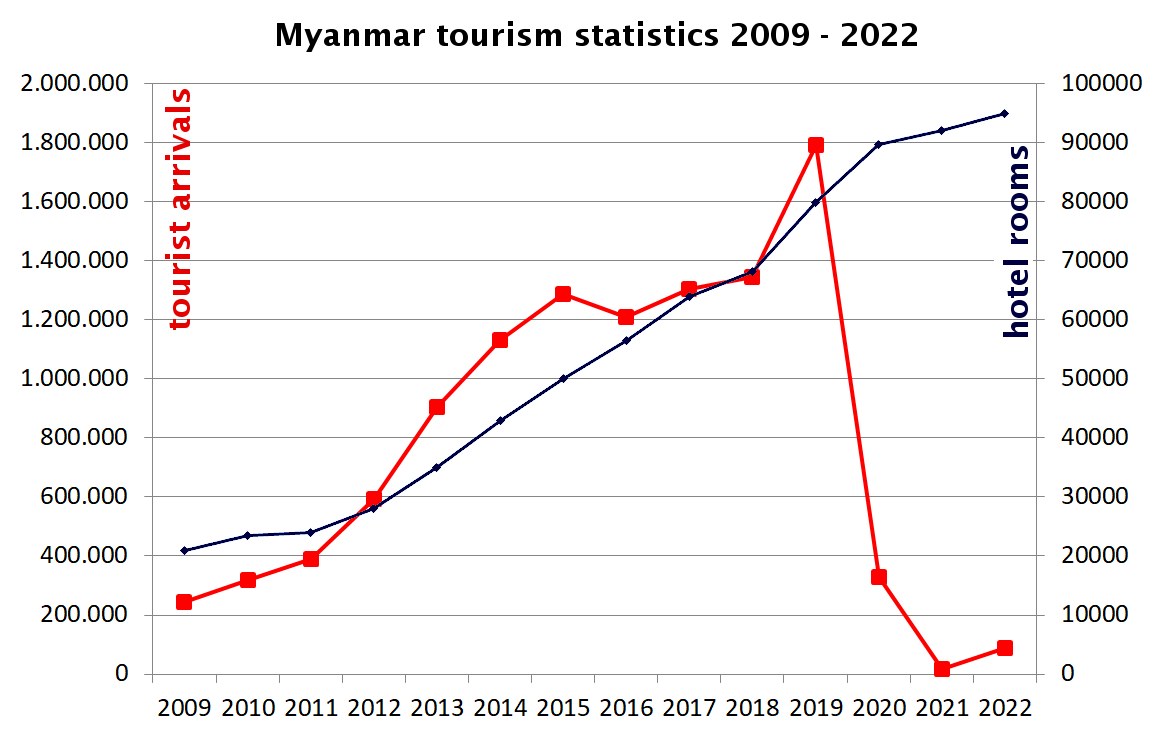
In 2012, hotel prices in Yangon doubled, and by 2013, they had tripled. However, the rapid increase in the number of tourist arrivals has abruptly stopped since the start of the corona crisis. The 2021 coup has been the "coup de grace" for the tourism industry, which has only recovered very little in 2022. More statistics on hotels and tourism in Myanmar:
The hotel situation
Myanmar for Foodies.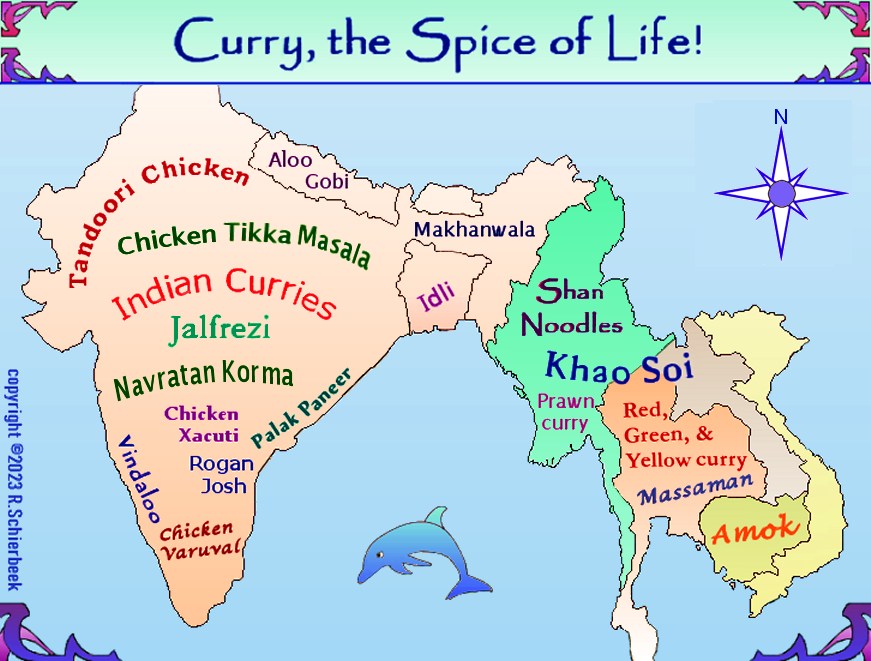
Burmese cuisine is strongly influenced by Indian cuisine, for example the numerous tea shops that serve milk tea (Laphet-yeh), which is similar to Indian Masala Chai. Myanmar used to have a significant Indian population, and there are still many Indian restaurants available. Burmese curry is very different from the Indian curries. A Burmese curry is typically a few pieces of chicken floating in a bowl of oil. Although it is only possible to find a good, creamy Indian curry in Indian restaurants owned by Indians, dishes such as Thali, Samosas, Masala dosa, and Dal are easy to find. In the last 10 years, the restaurant scene in Myanmar has been rapidly improving, with new restaurants popping up frequently. Due to the high inflation in Myanmar, the value of the kyat has dropped, bringing dinner prices down - except in the few high-end restaurants such as L'Opera, Le Planteur, and The Strand which have menus priced in dollars. There is a wide range of prices in restaurants; for example, a large bottle of Mandalay beer can cost between 2000 to 3000 kyat, while in a resort on Inle Lake, the same bottle may cost up to 9000 kyat. If you are a foodie, Shan noodles are a must-try dish, and the Lahpet Thoke or Burmese Tea Leaf Salad is also worth a try. For those interested in trying exotic food, Ngapi (fermented fish paste) or Pè Ngapi (fermented beans) might be of interest. More on the Inle lake eateries: Inle lake eateries
Tourist traps.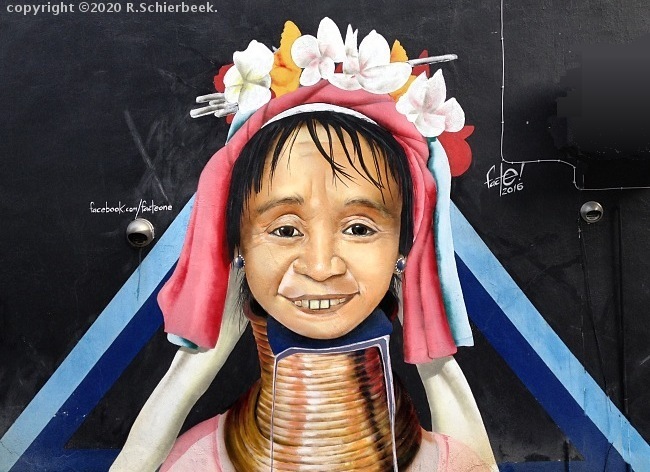
It's important to be aware of tourist traps and scams when visiting Myanmar, although the number of such incidents is relatively low compared to other Asian countries. In the past, there were scams related to money changing on the street, these have come back in 2023 with the return of the black market. There is a well-established black market money changing scam in Yangon which is centered around Sule Pagoda. A "spotter" or tout will ask if you want to change and offers a very good rate. He then takes you to some location where they do the magic trick; usually leaving you with less than what you expected. If you don't go for their sleight of hand trick they always have some excuse: "Your euro/dollar/baht is not good, cannot change!". Moral: be very careful when changing money, and don't do it on the street. Go to an exchange office. One popular scam that travelers should be aware of is the Dala ferry tour scam. When taking the ferry across the Yangon River to Dala, some rickshaw drivers may offer a guided tour for "whatever you want to pay", which can end up being quite expensive (some have reported paying over $100). Travelers may also be asked to purchase items such as a bag of rice for orphans at inflated prices. To avoid falling victim to scams, it's always a good idea to research common scams and to be cautious of offers that seem too good to be true. Apply for your Myanmar E-visa ONLY at the official goverments' site! It is very easy, though you need to enter your data carefully. Do not enter a wrong passport number and make sure you do not forget your own name - some people manage to do so. Inle lake has become quite touristy in the last 10 years, so is it a tourist trap or not? It is true that Inle Lake has become a popular tourist destination in recent years, but that does not necessarily mean it is a tourist trap. It is a beautiful and unique place to visit, with many interesting cultural and natural attractions. As for the commission your boat driver might get during stops at shops, it is not uncommon for boat drivers to receive a small commission for bringing tourists to certain places, but it is usually not a significant amount. More on Inle lake tourism: A Hard Sell on Inle lake?
Myanmar / Birma links
| |
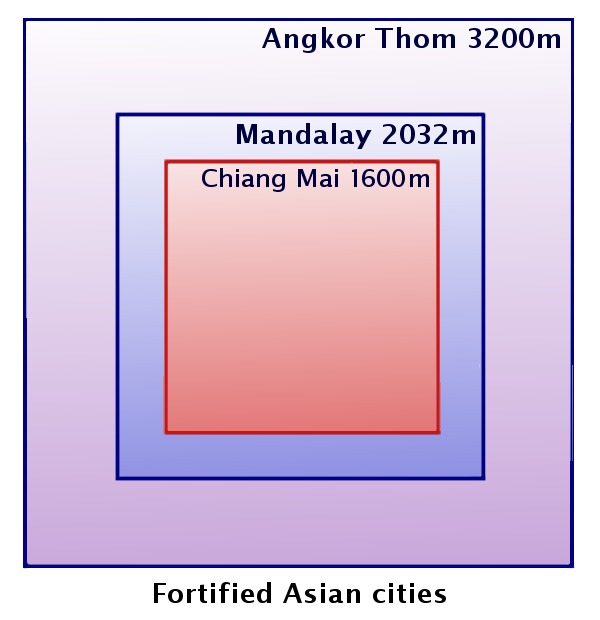
Chiang Mai.More on the history of Chiang Mai:
| 

About the author: aboutme.htm Copyright © 2023 R. Schierbeek. Please mail me at : bytelife AT gmail.com |


 (Aug 14, 2023)
(Aug 14, 2023)